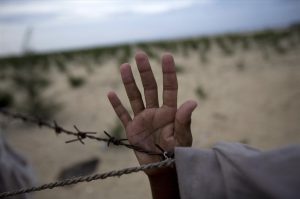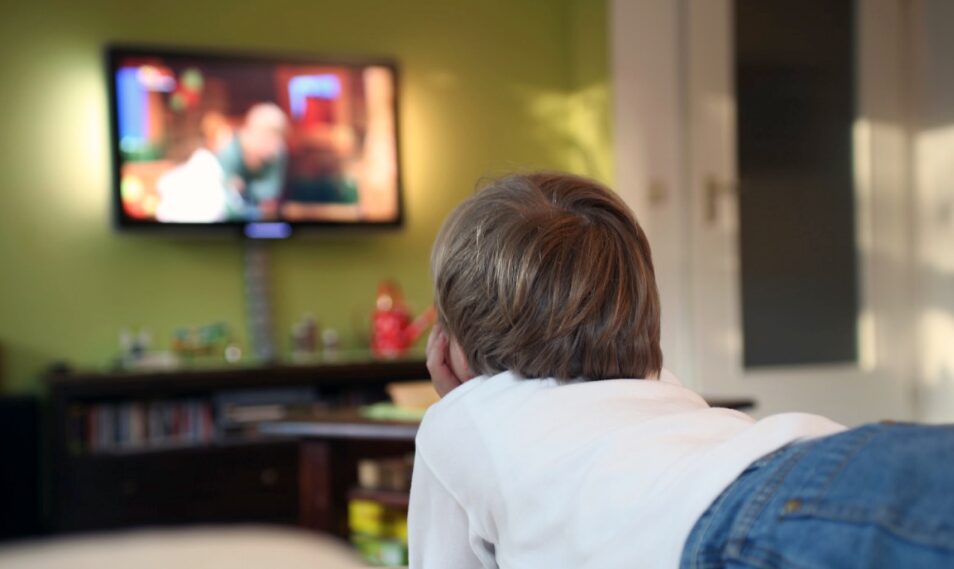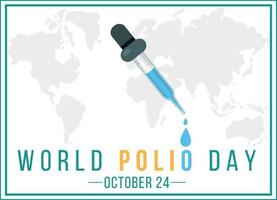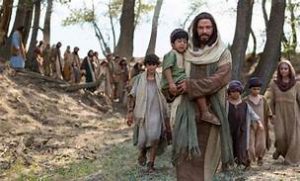 HISTORY OF GLOBAL DAY OF PARENTS
HISTORY OF GLOBAL DAY OF PARENTS
Parents are a beacon of a child’s life. They lay the foundation for children, and nurture and equip them with the skills that are necessary throughout life. Parents protect their children and make countless selfless sacrifices to ensure their growth.
On Global Parents Day, children express their gratitude to their parents for all that they have done for them. Really, our relationship with our parents is the most important and true bond that most of us will ever have, and our parents’ dedication towards us is respected and cherished on this day. Those of us who have a friendship with our parents and are able to have a healthy relationship based on trust and respect rather than authority or strict guardianship are lucky. It is truly a blessing to have good parents.
It goes both ways, with parents also recognizing that they have a primary responsibility towards their offspring and the importance of their roles in the development of their children. It is essential for a child to grow up in a healthy environment with healthy boundaries, and parents are the best role models for that. Studies show that trauma and emotional wounds sustained by a child greatly hinders their development and outlook on life, and are an overall barrier to achieving the U.N.’s Sustainable Development Goals. It may not seem much at face value, but parenting has an impact on economic prosperity and social development.
During the 1980s, the United Nations started to focus on issues related to the family, and how the emotional- and mental well-being of a child branches out into other spheres of development on a large scale. On December 9, 1989, the General Assembly passed a resolution that proclaimed the year 1994 as the International Year of the Family. In another resolution in 1993, May 15 was decided on as the day for the observance of the International Day of the Families, every year.
On September 17, 2012, the United Nations declared June 1 as the day to observe Global Day of Parents. The day aims to stimulate awareness of the importance of parenthood and its role in providing protection and the tools needed for positive development in children. Parents are, after all, the first teachers and human interaction that a child is exposed to. Community leaders, parents, children, teachers, and family organizations get together in celebrating the day and promoting effective parenting.
Source: Text: https://nationaltoday.com/global-day-parents/ Image: pexels (Vidal Balielo Jr.)
 This is true precisely about the teaching of Jesus on … prayer.
This is true precisely about the teaching of Jesus on … prayer. End Violence Against Children
End Violence Against Children HISTORY OF GLOBAL DAY OF PARENTS
HISTORY OF GLOBAL DAY OF PARENTS
 Could it be that even… God enjoys secrets?
Could it be that even… God enjoys secrets? HISTORY OF INTERNATIONAL CHILDHOOD CANCER DAY
HISTORY OF INTERNATIONAL CHILDHOOD CANCER DAY World Polio Day highlights the global efforts to end poliomyelitis (polio) worldwide. Polio is a life-threatening disease caused by the poliovirus, which the World Health Assembly committed to eradicate in 1988. The WHO European Region was declared polio-free in 2002 and has sustained this status every year since then.
World Polio Day highlights the global efforts to end poliomyelitis (polio) worldwide. Polio is a life-threatening disease caused by the poliovirus, which the World Health Assembly committed to eradicate in 1988. The WHO European Region was declared polio-free in 2002 and has sustained this status every year since then.

 “Whoever welcomes one of these little children in my name welcomes me;
“Whoever welcomes one of these little children in my name welcomes me;